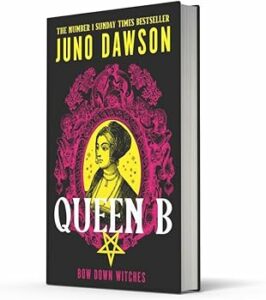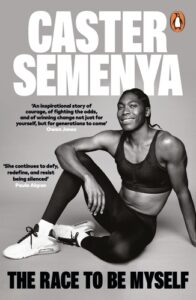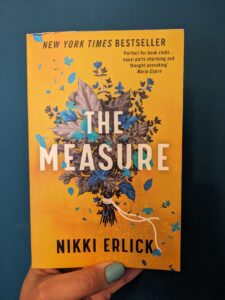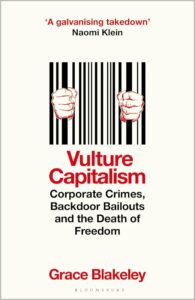The Ghost Cat by Alex Howard
Written by Ashley Kelmore, Posted in Reviews
Best for:
Those who enjoy a little bit of history with their sentimentality. Those who love cats.
In a nutshell:
Grimalkin is a cat living in a tenement in Edinburgh in the 1880s. One day he passes away, and a cat god is shocked to learn that little Grimalkin has only gotten to live one of his nine lives. He is granted the other eight with the understanding he has three to stay (of which he has used one), three to stray, and three to play.
Worth quoting:
“…it was the suffocating burden of holding knowledge he could do nothing with.”
Why I chose it:
I was visiting Edinburgh. And there’s a cat. I mean, come on.
Review:
What a sweet little book. Admittedly I am a cat lover, so any book told about or from the perspective of a cat is going to be for me.
Grimalkin travels across a dozen decades, living just a day in each time. His eight lives allow him to witness all sorts of changes, all taking place in and around a tenement in Edinburgh. He connects to his first owner; he overhears man landing on the moon. He feels sadness and freedom and confusion and peace. Also, he can read.
It’s fun to think about how so much has changed over the last century, and explore what it would be like to just be dropped into a time in the future and have to understand what on earth you are seeing. Imagine going from a time without electricity to a time with mobile phones. Or suddenly being aware of the availability of commercially produced snack foods. At least Grimalkin knows to expect something new each time he wakes up, though it is always a surprise to determine how much time has passed since his last life.
The book is an easy read – each life is a chapter, so they are almost like little connected essays. And Grimalkin is such a … well, he’s such a cat! He’s terrified of the vacuum cleaner. He hates dogs. He’s mischievous and loving and sweet and a bit of a jerk. And he feels the longing for connection and love, as he can experience these lives, but he can’t be seen or touched, and that is hard for a kitten. Or anyone.
What’s next for this book:
Donate so others can enjoy its sweetness.







